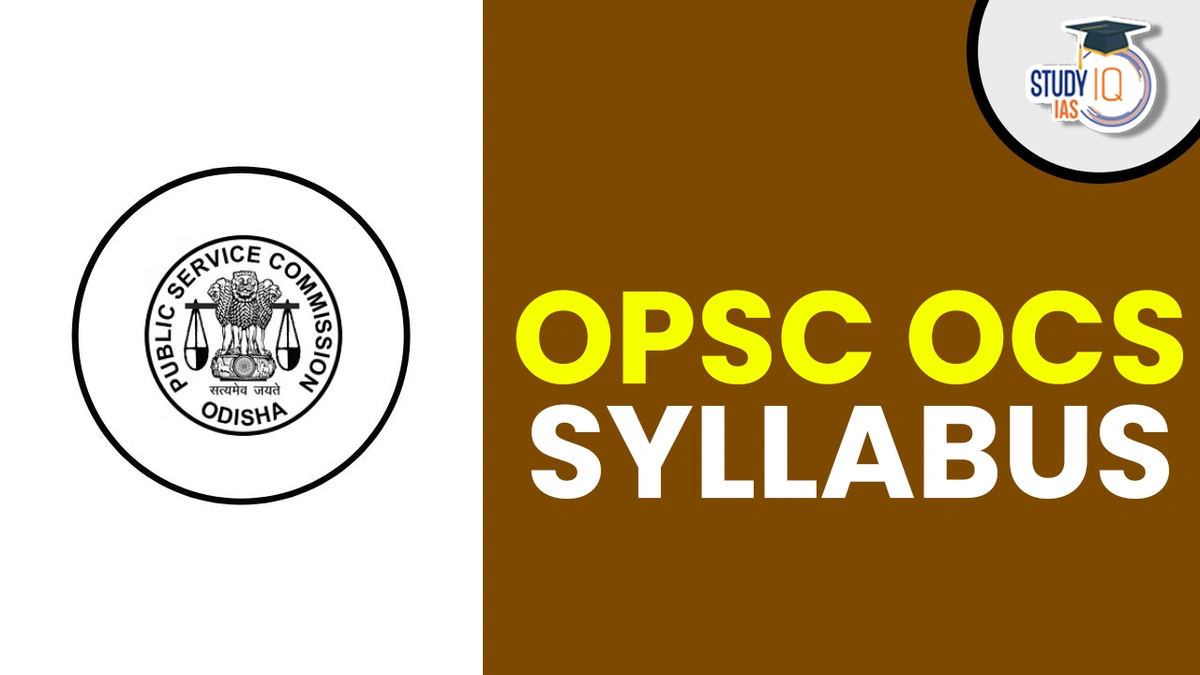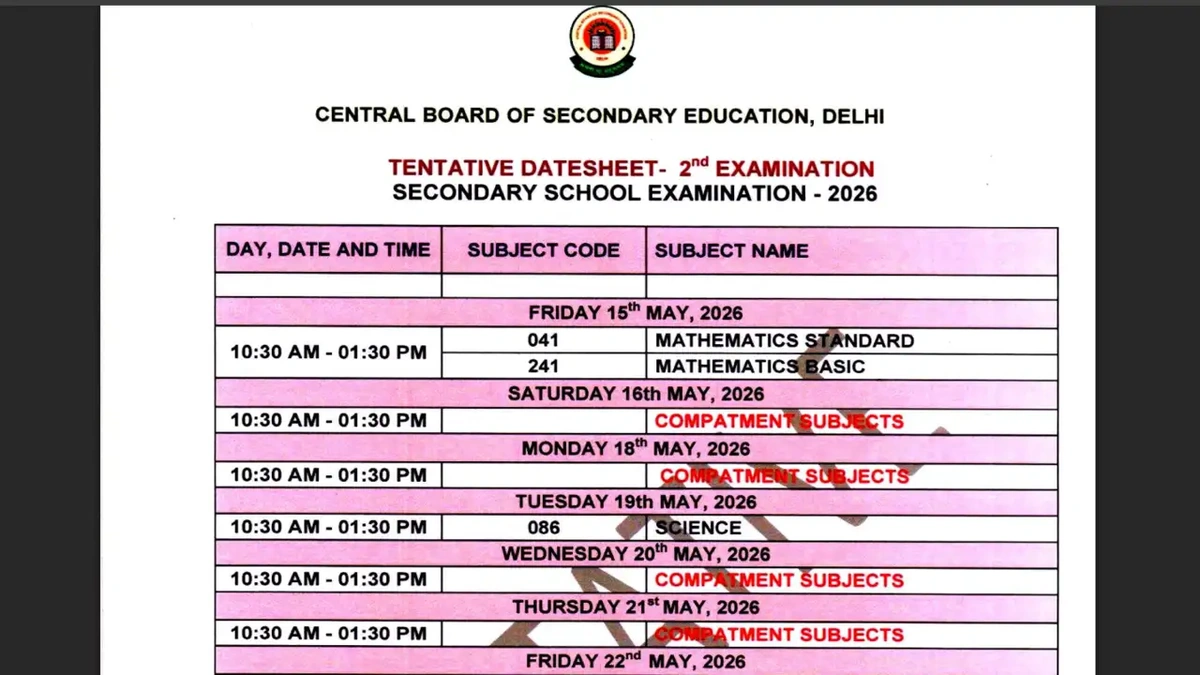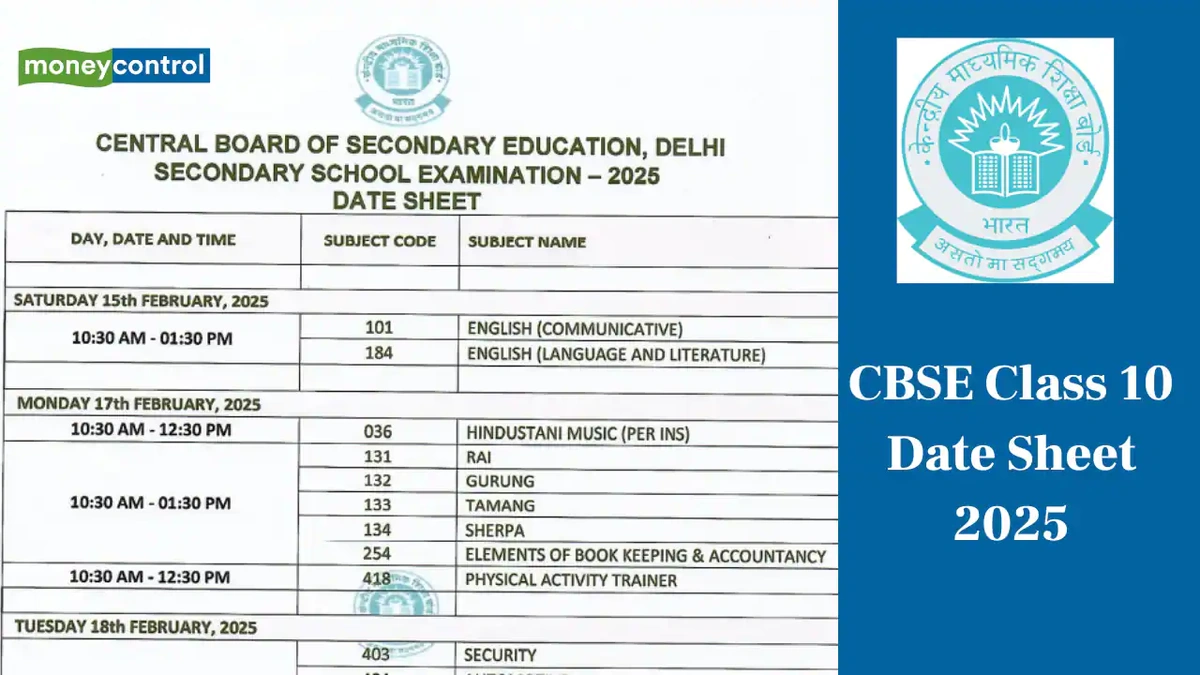The OPSC Dream | Why Your Strategy is Probably Wrong (And How to Fix It)
Let’s be honest for a second. You’re here because the dream of becoming an OAS officer, of seeing your name on that final OPSC merit list, is a powerful one. It’s a dream that fuels late-night study sessions, countless cups of chai, and a bookshelf groaning under the weight of Laxmikanth and Spectrum.
You’ve downloaded the syllabus. You’ve probably watched a dozen “topper” interviews on YouTube. You’re putting in the hours. But there’s this nagging feeling, isn’t there? A quiet voice that wonders if just “studying hard” is enough.
Well, I’m here to tell you that voice is right. It’s not enough.
Here’s the thing, and this is the coffee-shop-level-of-real-talk you need: The OPSC exam, especially the Odisha Civil Services Exam, isn’t just a test of your knowledge. It’s a test of your strategy, your endurance, and your understanding of the game itself. Most aspirants fail not because they are unintelligent or lazy, but because they approach this monumental challenge with a fundamentally flawed strategy. They treat it like a university exam, when it’s actually a high-stakes, multi-stage psychological gauntlet.
So, let’s grab our metaphorical coffee and break down why your approach might be holding you back, and more importantly, how to build a strategy that actually works.
The OPSC Isn’t Just an Exam; It’s a Mindset Test
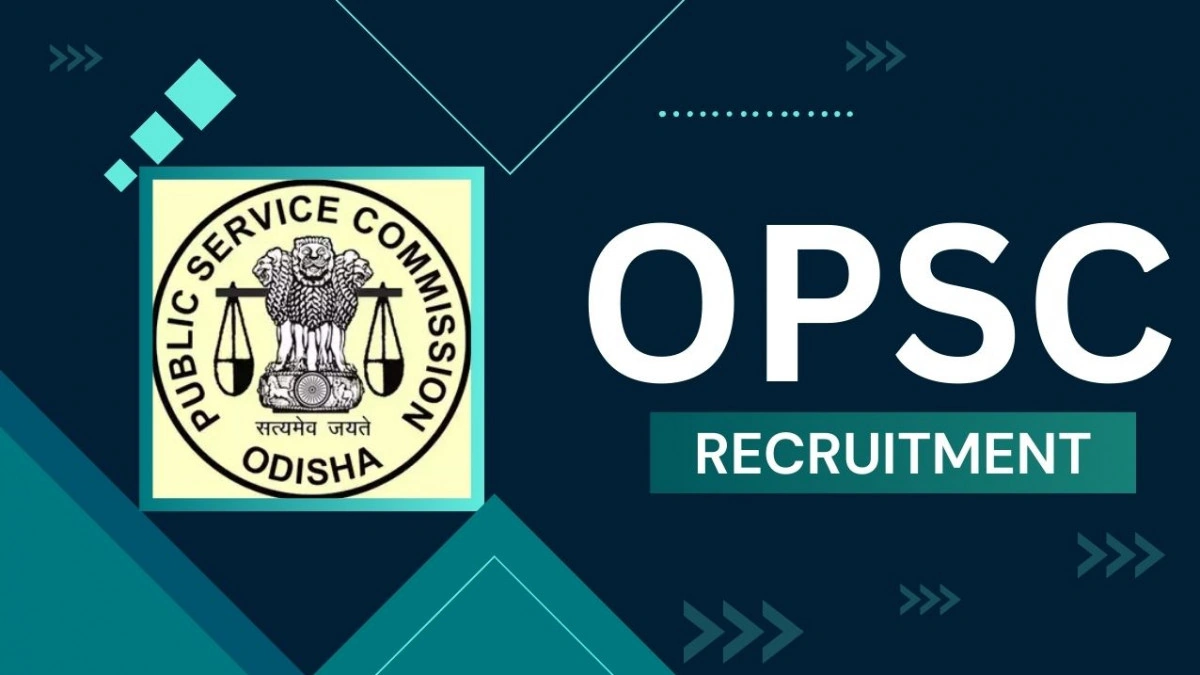
The first mistake I see countless aspirants make is thinking the Odisha Public Service Commission is looking for a walking, talking encyclopedia. They’re not. They are looking for future administrators, problem-solvers, and decision-makers.
Think about it. The world is changing. The challenges facing Odisha are complex. The commission knows this. That’s why, if you look closely at the trend over the last few years, the questions in both Prelims and Mains are shifting. They are moving away from simple, fact-based recall and towards analytical, opinion-based, and current-affairs-integrated questions. They don’t just want to know what the G20 summit decided; they want to know what it means for Odisha’s coastal economy. See the difference?
This is a fundamental mindset shift. Your preparation can’t just be about accumulating information. It needs to be about building connections between different topics. When you read about a new government scheme, your brain should automatically start thinking:
- What is the socio-economic problem this aims to solve?
- How does this connect to a topic in my GS Paper 2 syllabus?
- What are the potential implementation challenges in a state like Odisha?
- How could I frame a balanced answer on this, discussing both pros and cons?
The entire OPSC OAS recruitment process is designed to filter for this analytical mindset. It’s not about having all the answers; it’s about knowing how to ask the right questions. Your study plan should reflect this. It should be less about ticking off syllabus topics and more about engaging with them critically.
Deconstructing the “Syllabus Trap” and the Myth of “Covering Everything”

You open the OPSC syllabus PDF for the first time, and your heart sinks a little. It’s massive. History, Geography, Polity, Economy, Science, Ethics… it feels like you need to know everything about everything. And that, right there, is the trap.
What fascinates me is that the syllabus is designed to be overwhelming. It’s the first filter. It separates those who get paralyzed by the sheer volume from those who are smart enough to dissect it strategically.
Trying to master every single topic with equal importance is a direct path to burnout and failure. Instead, you need to become a master of the 80/20 rule. In any exam, roughly 80% of the questions come from about 20% of the topics. Your job isn’t to “complete the syllabus.” Your job is to identify that high-yield 20% and dominate it.
How do you do that?
1. Relentless Previous Year Question (PYQ) Analysis: This is your holy grail. Don’t just solve PYQs. Analyze them. What are the recurring themes? From which part of Modern History do they ask questions most frequently? What kind of data do they expect in Economy answers? This analysis is the most important part of your preparation.
2. Smart Prioritization: Once you’ve analyzed the PYQs, you’ll see a pattern. You’ll realize that certain sections of Polity are far more important than some obscure parts of Ancient History. You allocate your time and energy accordingly. It’s not about ignoring topics, but about giving them the priority they deserve based on hard data from past papers.
This strategic approach to the syllabus is crucial. It’s the difference between being a busy fool and an effective candidate. The goal of any competitive exam isn’t just about hard work; it is also a bit about managing your resources well, similar to checking a PGCET result guide to ensure you have all the steps right.
Beyond the Books | The Hidden Curriculum of the Odisha Civil Services Exam
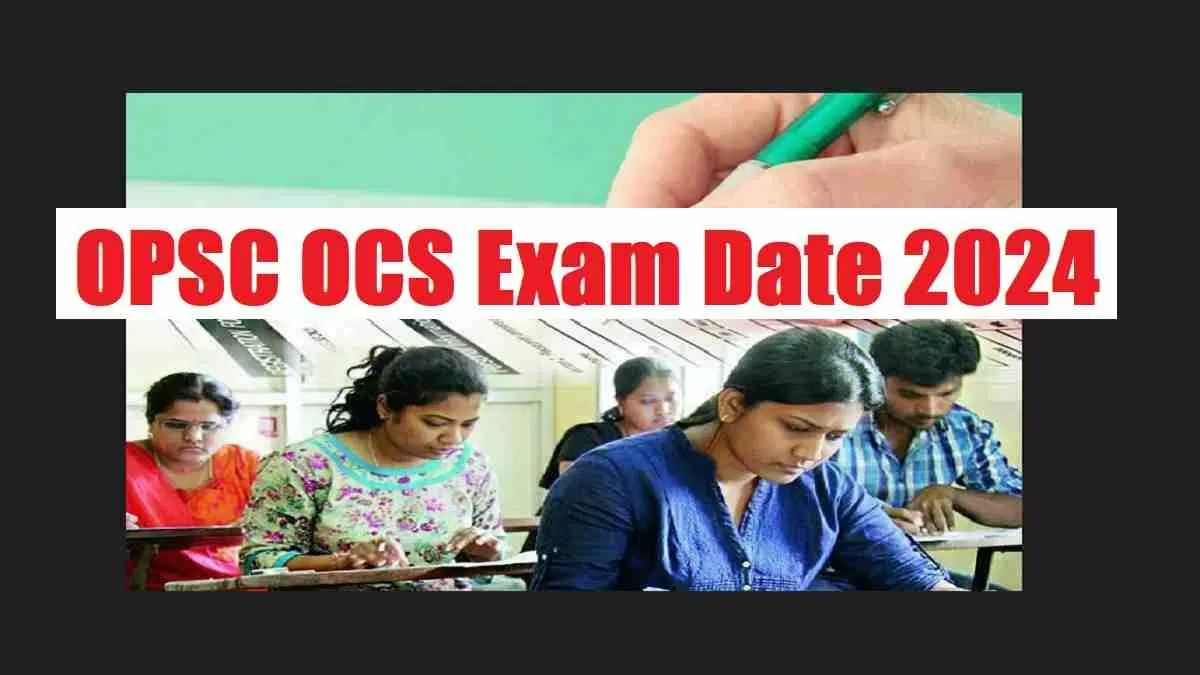
What truly separates the successful candidates from the rest isn’t just their knowledge. It’s their mastery of the “hidden curriculum” the skills and habits that aren’t explicitly mentioned in the syllabus but are absolutely critical for success.
First and foremost is answer writing for the Mains . You can have all the knowledge in the world, but if you can’t present it in a structured, coherent, and concise manner within the time limit, it’s useless. Answer writing is a skill, like learning to ride a bike. You will be terrible at it initially. Your answers will be too long, poorly structured, and lack depth. But with daily practice, you build the muscle memory to think in a structured way under pressure.
The second part of this hidden curriculum is developing an administrative perspective. This is where reading a good newspaper daily (like The Hindu or Sambad) becomes non-negotiable. You’re not reading it just for “current affairs.” You’re reading it to understand the nuances of governance, the challenges in policy implementation, and the interplay between different government bodies. This perspective will organically seep into your answers, making them sound less like a textbook and more like a future officer’s analysis.
Finally, there’s the mental game. The OPSC exam pattern , with its multiple stages spread over more than a year, is a marathon. It will test your patience, your discipline, and your ability to handle failure. Building a routine, staying consistent even on days you don’t feel like it, and having a support system are as important as any subject. It’s a process that demands a level of maturity and emotional resilience that many aspirants overlook. Sometimes, just knowing the next step, like how to download your OPSC admit card without hassle, can provide a small but significant mental boost.
Frequently Asked Questions About Cracking OPSC
Is coaching necessary to crack the OPSC?
Honestly, no. It’s not necessary, but it can be helpful for some. Coaching provides structure and guidance, which can be great if you’re just starting. However, with the abundance of high-quality online resources and a disciplined self-study plan built on PYQ analysis, you can absolutely succeed without it. The key is discipline, not a coaching centre.
How many hours a day should I study for the OPSC exam?
This is a classic question with a tricky answer. It’s not about the number of hours; it’s about the quality and consistency of those hours. Six hours of focused, distraction-free, strategic study is far better than 12 hours of passive, unfocused reading. Focus on daily and weekly targets rather than a fixed number of hours. Consistency is king.
What’s the biggest mistake most OPSC aspirants make?
The biggest mistake is spending 90% of their time just accumulating information (reading books) and only 10% on application (solving mock tests and answer writing). This ratio should be flipped, especially as the exam approaches. Knowledge is useless if you can’t apply it under exam conditions. This is a journey of learning and applying, much like navigating any educational system and checking on your PPU results updates .
I’m a working professional. Is it possible for me to crack the OPSC?
Absolutely, yes. It’s tougher, no doubt, but many working professionals clear the exam every year. The key is ruthless time management and smart preparation. You have to be extremely strategic, focusing only on high-yield topics and integrating your study into your daily routine (e.g., using commute time for revision, dedicating weekends to mock tests). It requires immense discipline but is very much achievable.
Where can I find the most authentic information and notifications?
Always, always, always trust only the official source. For anything related to the how to prepare for OPSC , syllabus, notifications, or results, the one and only place to look is the official OPSC website:https://www.opsc.gov.in/. Do not fall for rumors on social media or unverified websites.
The journey to becoming an OAS officer is less about becoming a different person and more about becoming the best version of yourself more disciplined, more analytical, and more resilient. The exam isn’t the obstacle; it’s the process that forges you into the officer you are meant to be. So, refine your strategy, trust the process, and remember why you started this journey in the first place.
